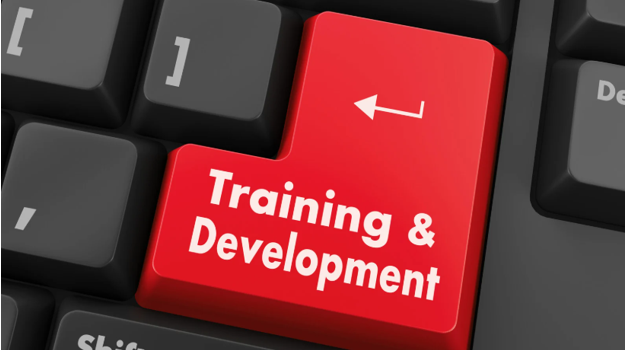INP-WealthPk
Muhammad Saleem
By introducing proper training programmes in schools, colleges and universities, Pakistan can build a capable, confident, and competitive workforce. Hamid Qadri, a manager at a confectionery company, told WealthPK that technological advancements are replacing manual work and companies now prefer candidates with relevant training. He said that training programmes in educational institutions are not just optional — they are mandatory to equip students with the realities of the market and encourage entrepreneurship.
“Education without skills is useless.” Hamid said that the training gap becomes visible almost every time they start recruiting new employees. “Many fresh graduates, despite their impressive marks, struggle to answer even basic workplace questions in interviews.” Quoting an example, he said that some don’t know how to prepare a professional CV, send a formal email, or present an idea confidently. “These skills are mandatory in today’s world, yet educational institutions are not teaching them practically in classrooms,” he added.
Muhammad Ashraf, a faculty member of the Government College University, Faisalabad, told WealthPK that training programmes are the missing link in the education system, and must be introduced without delay. In the classrooms, he said students are taught theories, formulas, and definitions. “However, on attaining the degrees, they are confronted with a highly competitive world.” “Practical training in areas, including teamwork, communication, critical thinking, and business knowledge, can help students compete more effectively in the real world.
“We need to make their transition from the classroom to the workplace easier so that they can start to support their families financially,” Ashraf suggested. He said: “We require a broad base of technical training, including information technology, artificial intelligence, automation, digital marketing, e-commerce, and basic coding. In the same way, soft skills, including communication, leadership, teamwork, and time management, should be made mandatory for all learners.”
He further said that business-focused training, such as financial literacy, and project management, must be included in the curriculum. “If these programmes are built into every degree, our graduates will become more competitive globally,” he stressed. Ashraf said that employers need graduates who can quickly adapt to their systems. For example, he said businesses appreciate people who are able to work with technical information and data, and understand digital tools.
“The employers also look for candidates with the ability to communicate clearly,” he remarked. However, he pointed out that most of the young graduates just wait for instructions from their seniors or those in the management rather than taking the initiative. Such issues, he added, could be addressed only with the help of practical training programmes.

Credit: INP-WealthPk









